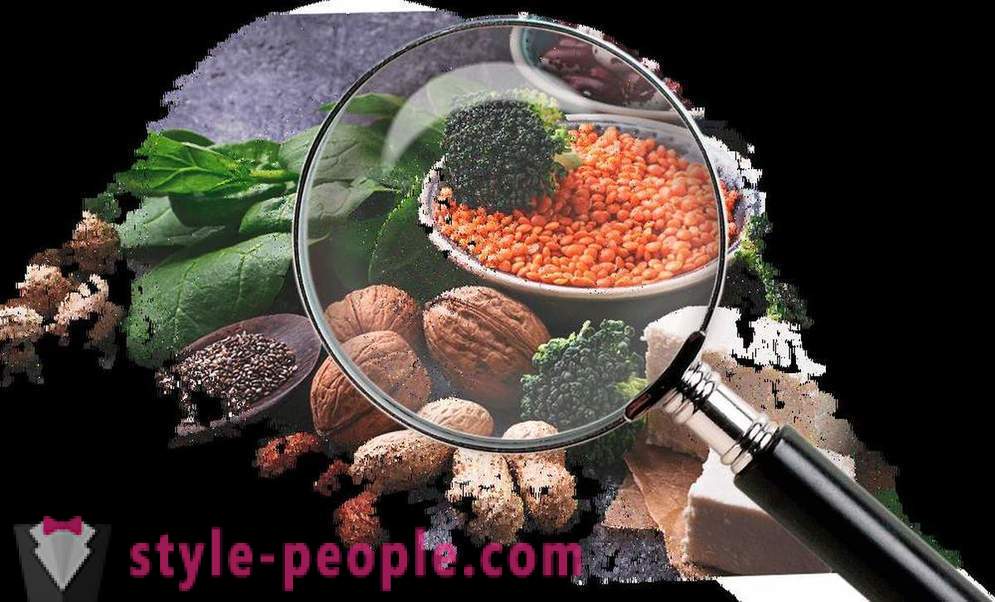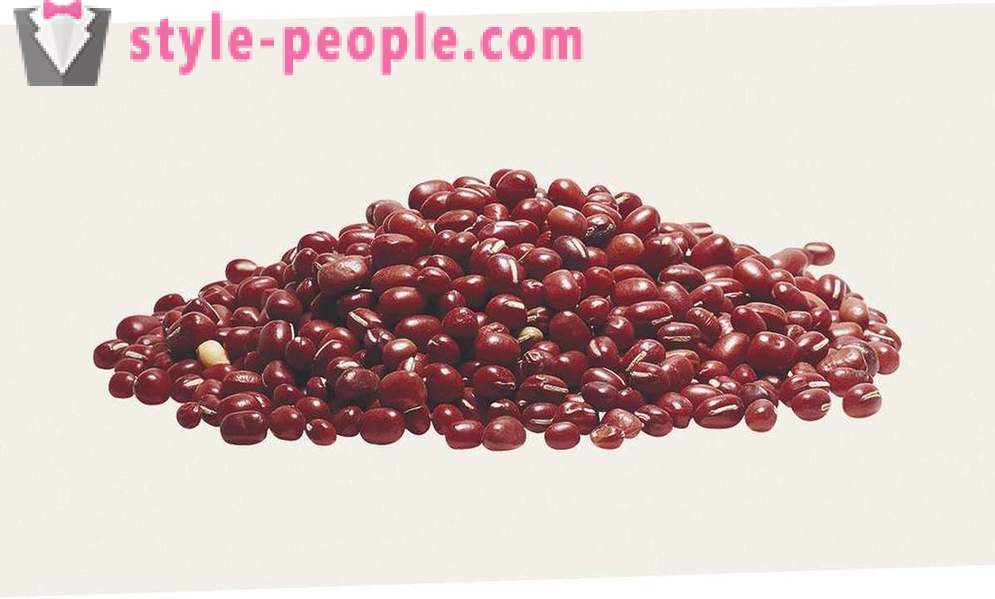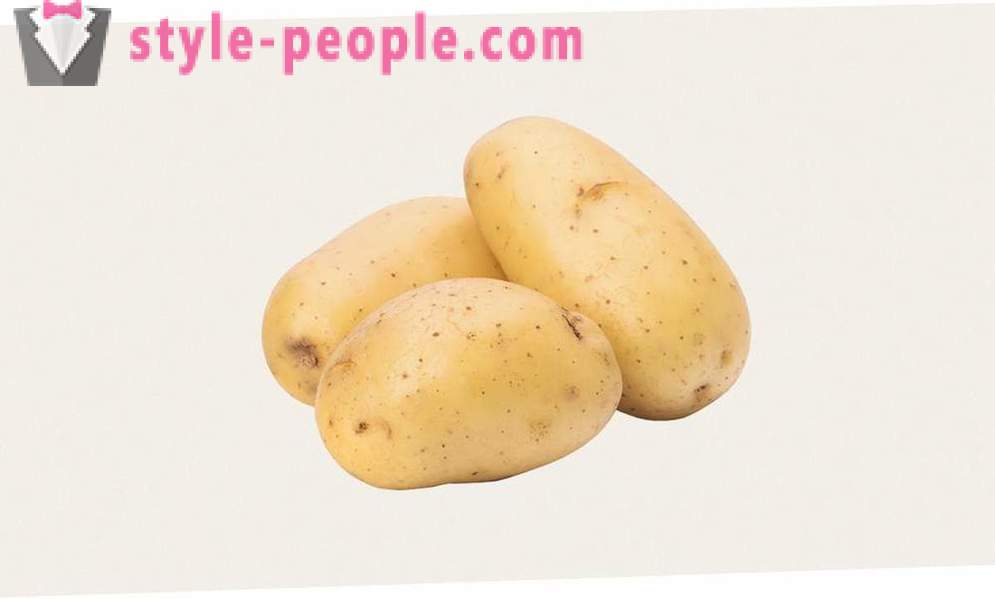What you need to know about the lectin

Adding to your diet as much as possible nutrients and a variety of products, you can get the effect of the negative effects on the body. Today we will tell a few important details about lectins - proteins contained in many vegetables and cereals, which are not recommended to use every day.
What is lectin?
Lectins - group specific carbohydrate-binding proteins that facilitate communication between the cells of the organism. They are often mistakenly confused with lecithin - a food additive, which prevents crystallization of fat - but there is nothing in common between them.
Lectins are widespread - found not only in animals but also in plants and even microorganisms. They also contain nitrogen needed for plant growth.
But what it helps plants grow, causing problems with the human digestion. Lectins impede digestion in the intestine, which can easily lead to serious disease. The most common problem after consuming raw foods - you may be faced with bloating, diarrhea or vomiting.
Some animal studies have shown that the active lectins interfere with the absorption of nutrients, preventing disintegration of calcium, iron, zinc and phosphorus in the body. This leads to the appearance of autoimmune reactions and may cause rheumatoid arthritis or type 1 diabetes.
In what products are most of lectins?
Wheat

The big content of different wheat lectins, and its detailed studies indicate a deterioration of digestion when consuming sprouts. In studies on rats, one of the lectins reduced the digestibility of proteins and proper use. In another experiment we found that the wheat germ agglutinin triggers the synthesis of compounds that contribute to inflammation in the body. The harmful effects of lectins found in other cereals: corn, rice and barley, but data on their use are insufficient. At the same time, whole wheat has a considerable number of polozhtelnyh effects: high fiber content benefits the intestine and the presence of antioxidants in it helps fight against heart disease.
Soy

Studies have shown that dietary soy agglutinin can affect the secretion of certain hormones that control the reserves of glucose in the blood. It can also affect the growth of the spleen and kidneys, so that in the case of soybeans should always use caution.
On the other hand, soy beans can help lower cholesterol levels, the risk of obesity and type 2 diabetes.
Red Beans

Red beans contains phytohaemagglutinin - lectin, which can cause digestive problems, disrupting the mucosa. It occurs in other varieties, but it is in the red bean lectins most. But deactivate the lectin is very easy - just be heat treated.
It is worth remembering and that red beans have a low glycemic index and can help prevent type 2 diabetes and cardiovascular disease.
Peanuts

Studies show that the lectin contained in peanuts, can stimulate the growth of cancer in humans. Unlike lectins red bean or soybean, peanut agglutinin quite stable to heat and can not be eliminated by thorough cooking. But these studies were conducted with the use of very high doses placed in cancer cells, so that confidence in the fact that a small portion of nuts in the morning can be a trigger for the development of tumors, no.
Abandon the peanut is not worth more because it is replete with nutrients that contribute to longevity - especially flavonoids. potato

The lectin contained in potatoes, as well resistant to heat - more than 50% remains intact even after cooking. Of course, this has an effect on your digestion.
But the potato peel is rich in fiber, and the vegetable is an excellent source of vitamin C, B vitamins and potassium.
So, we need to avoid the use of these products?
Currently, most lectins research conducted on animals rather than on humans, and used fairly large portions. At the same time you should be careful if you suffer from hypersensitivity to food, problems with the stomach and other digestive complications.
Eliminating these foods completely from the diet should not be - each of them has its own advantages, which help keep the body in good shape. What you need to pay attention - because this is how exactly do you handle each product. Always avoid eating raw or undercooked food, if you do not want to face the consequences of the impact of lectins on the stomach.
Have you studied the beneficial properties of the products that you eat every day?













































